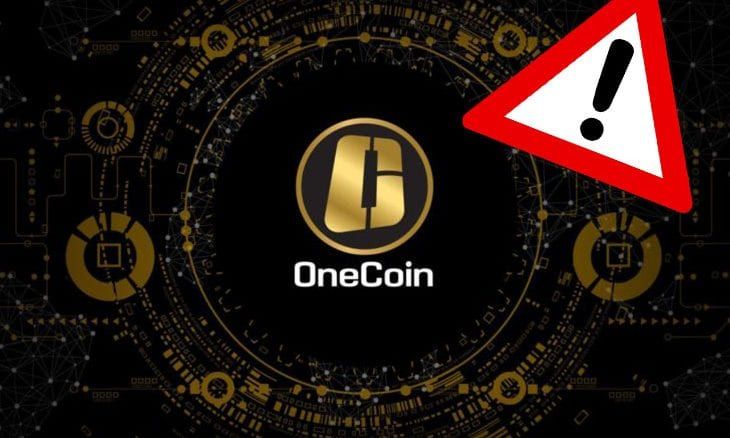Based on a recent report, OneCoin organization which was recently accused of being a hybrid Ponzi-pyramid scheme, designed to launder money through New Zealand to Samoa, and target local residents through churches by the Central Bank of Samoa has now come forward to deny all these allegations stating that it is a centralised closed virtual currency.
OneCoin Said it Doesn’t Pay Old Investor With New One’s Investments
OneCoin denied this claims via the issuance of a statement in which it revealed that it is neither a pyramid nor a Ponzi scheme. It further argued that Ponzi schemes only use the capital of new investors to pay old investors, and doesn’t necessarily need the agents which are referred to as Independent Marketing Associates (IMAs) in order to bring in others to earn bonuses.
It stated that IMAs are not “obliged to incur any additional expenses or recruit a new IMA,” and that they earn bonuses for the “value of [their] sales,” and not for the recruitment of new agents.
However, pyramid scheme regulations are for “consumer protection” and it’s IMAs are not consumers because they are registered as “self-employed business owners”
“The users which are part of the OneLife Network are NOT consumers. They are IMAs, meaning they are self-employed business owners.”
Also, it is important to note that some individuals who are connected to OneCoin have been arrested and charged in several countries which include China and India.
OneCoin argues that it is not a Ponzi scheme as its agents are not classified as consumers and, as such, it cannot be put under a dictionary definition of a pyramid scheme, and doesn’t force its IMAs to bring in new agents, although they are incentivized to do so.
Instead, OneCoin claims that is a “centralized, closed cryptocurrency” with strict anti-money laundering (AML) and know-your-customer (KYC) rules, which make it “much more compliant than decentralized [cryptocurrencies].”
